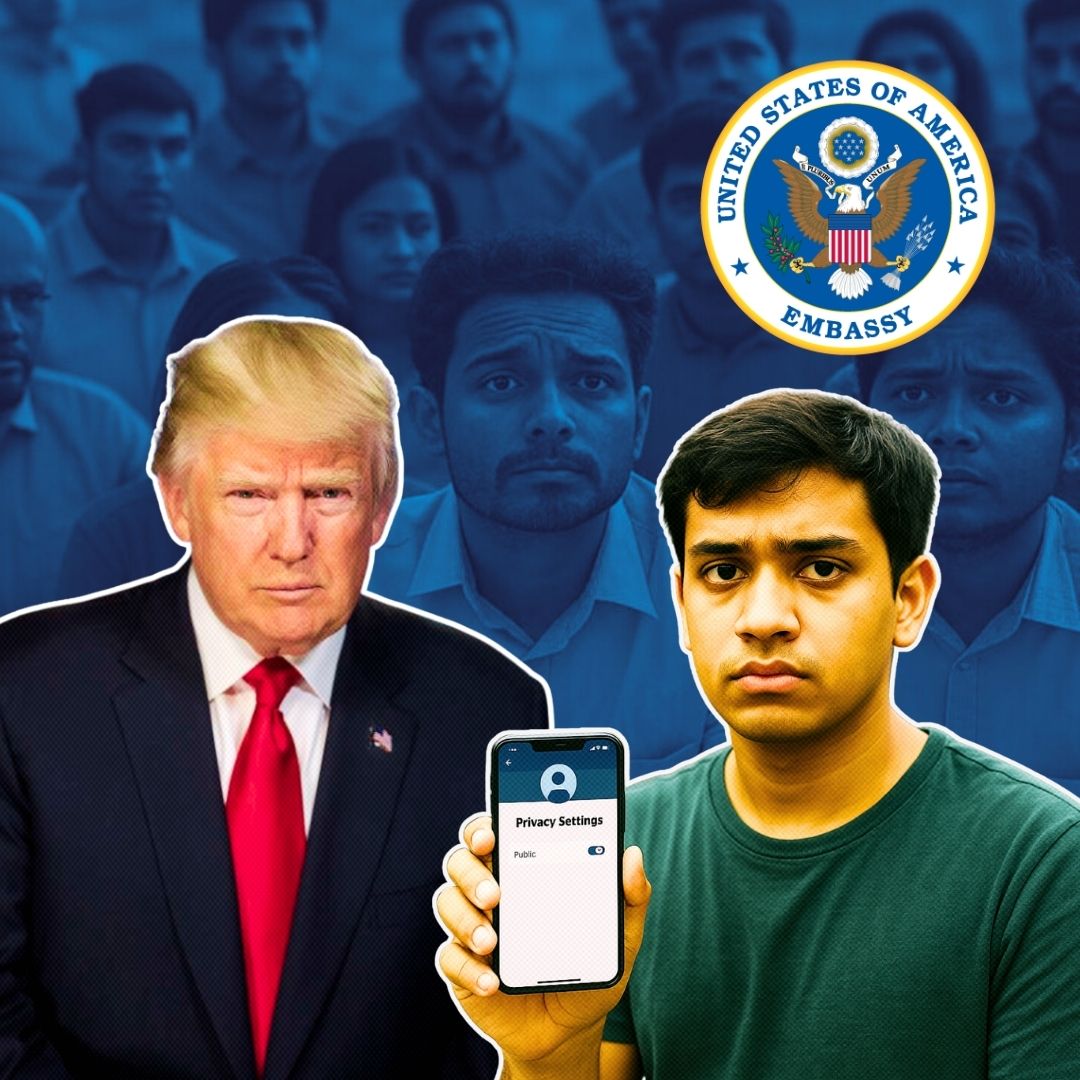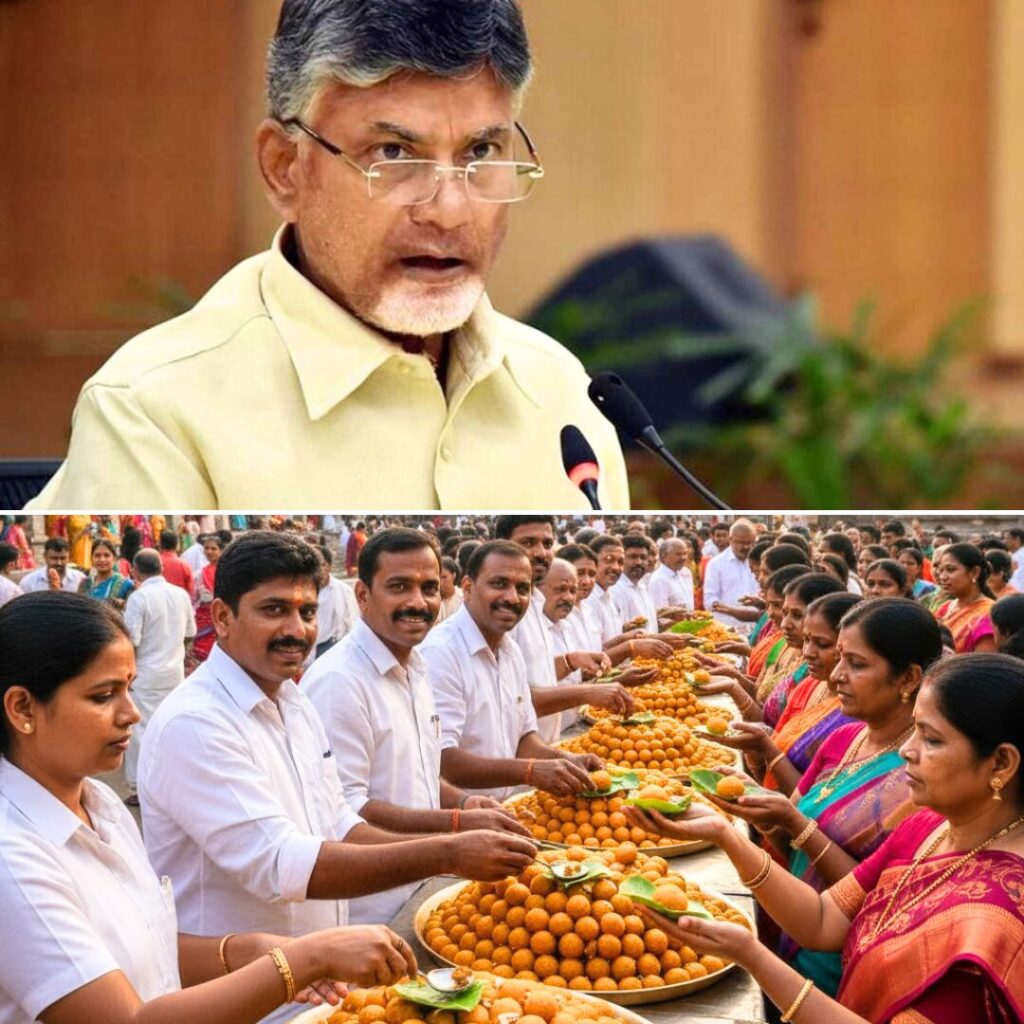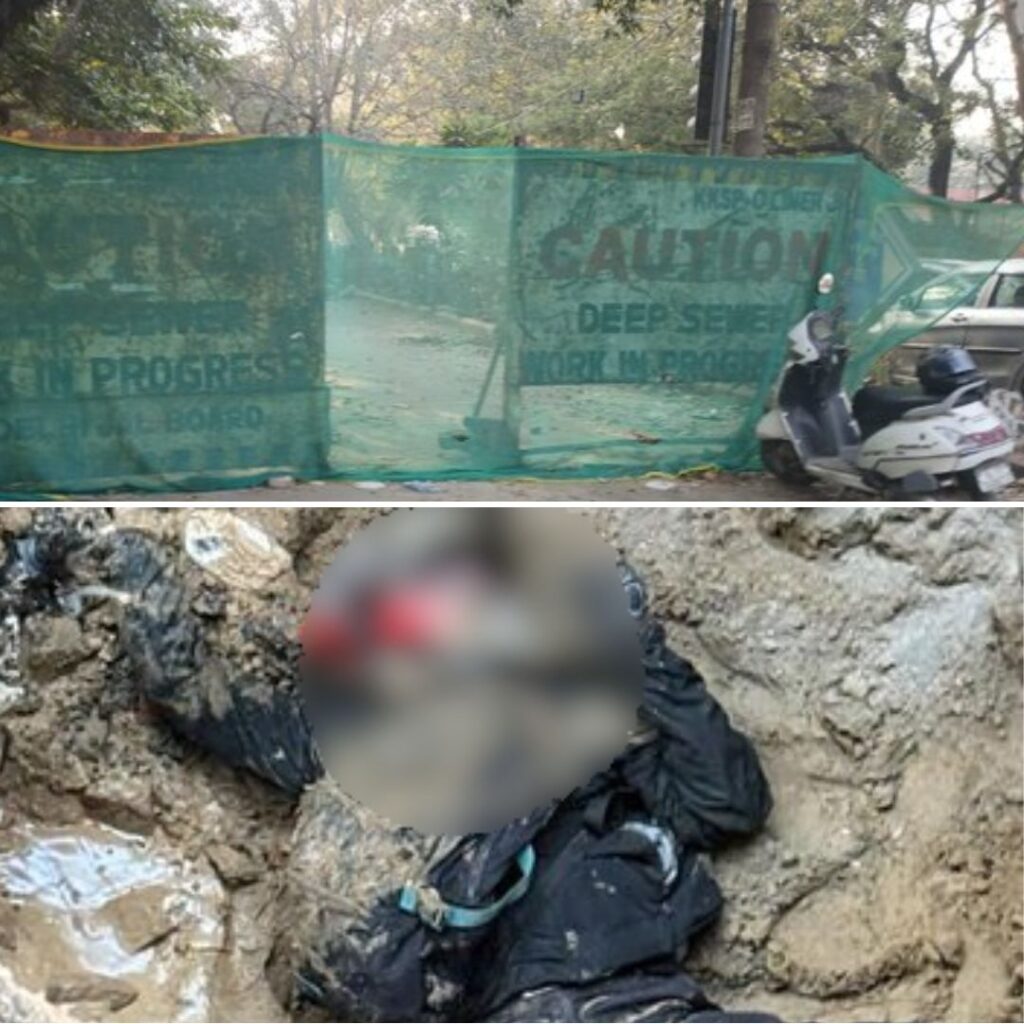The US Embassy in India has announced that, effective immediately, all applicants for F (academic), M (vocational), and J (exchange visitor) non-immigrant visas must set their social media accounts to ‘public’ to facilitate thorough background checks.
This new requirement is aimed at strengthening national security by enabling officials to verify applicants’ identities and assess admissibility under US law. While the embassy notes that providing social media identifiers has been mandatory since 2019, the new rule specifically requires public access to all profiles, sparking discussions about privacy and the broader impact on Indian students and exchange visitors.
Visa Vetting Goes Public: New Social Media Requirement for US-Bound Students
As of June 2025, the US Embassy in India requires all F, M, and J visa applicants to keep their social media accounts—including platforms like Facebook, Instagram, Twitter, and LinkedIn—fully public during the visa application process.
“Effective immediately, all individuals applying for an F, M, or J nonimmigrant visa are requested to adjust the privacy settings on all of their social media accounts to ‘public’ to facilitate vetting necessary to establish their identity and admissibility to the United States under US law,” the embassy stated in an official notice.
This move is part of a broader effort to use all available information to identify applicants who may pose a threat to US national security, officials said. Applicants are already required to list all social media usernames or handles used over the past five years on the DS-160 visa application form, but now their online activity must be accessible for review.
Context and Implications: Privacy, Security, and Student Concerns
This development follows years of increasing scrutiny of visa applicants’ digital footprints. Since 2019, the US has required all visa applicants—both immigrant and nonimmigrant—to provide social media identifiers, but the new rule explicitly mandates public access to social media content for student and exchange visitor visa applicants.
The directive comes as the US resumes processing student visas after a brief suspension, and amid ongoing national security concerns. Experts and applicants have raised privacy concerns, pointing out that public social media profiles could expose sensitive personal information and potentially affect how applicants are perceived during the vetting process.
The embassy has also reminded applicants that omitting social media information or providing false details could result in visa denial and future ineligibility.
The Logical Indian’s Perspective
The Logical Indian recognises the importance of robust security measures in international travel and education, but also urges careful consideration of individual privacy rights.
While transparency is essential in today’s interconnected world, it is equally important to ensure that such policies do not lead to undue surveillance or discourage genuine students from pursuing opportunities abroad.
Effective immediately, all individuals applying for an F, M, or J nonimmigrant visa are requested to adjust the privacy settings on all of their social media accounts to public to facilitate vetting necessary to establish their identity and admissibility to the United States… pic.twitter.com/xotcfc3Qdo
— U.S. Embassy India (@USAndIndia) June 23, 2025













